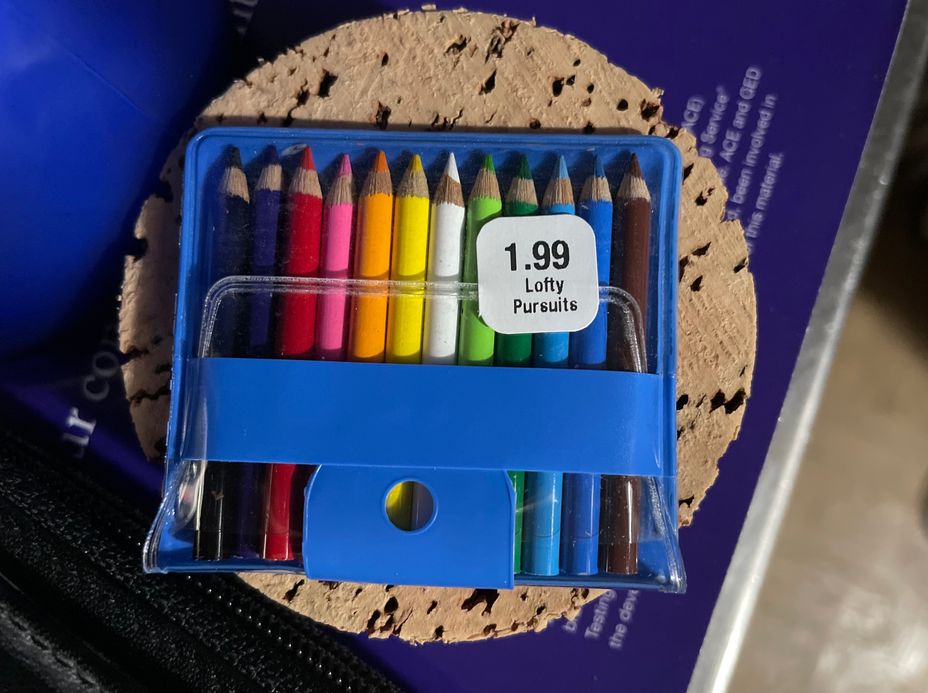Sometimes I rewrite lyrics when I connect to a song but want it to align more with my experiences. Below is a reworked version of “The Architect.”
(Reworked version of “The Architect” by Kacey Musgraves)
Even something as small as each creature
Small but quite complex
Wondrous, divine
All different designs
Can I speak with the architect?
Just look at all of the people
Did we get here by grand design?
Were we devised?
Are we all a surprise
formed by random, chaotic things?
Are we thought out at all,
or paint thrown at a wall?
Is there anything that You regret?
I don’t understand
Are there blueprints or plans?
Can I speak to the architect?
Sometimes, I think about me
And wish I could make a request
Can I pray stuff away?
Am I shapeable clay?
Or is this as good as it gets?
One day you think that you’ve got this
This thing that we all call life
Then a wind from behind
carries ember and ash
and it burns your world to the ground
Is it thought out at all,
or just pain on a wall?
Is there anything that You regret?
I don’t understand
Are there blueprints or plans
Can I speak with the architect?
Sometimes, I think I’m too broken,
and maybe too hard to love
I’m in a strange state
and stuck in bad places
Can You help me make sense of it?
Does it happen by chance?
Is it all happenstance?
Do we have any say in this mess?
Is it too late to make some of it better?
Can I speak to the architect?
This life that we make is it random or fate?
Are we our own architects?
Is there an architect?
#artastherapy #Music #words #Lyrics #ChronicIllness #MentalHealth






